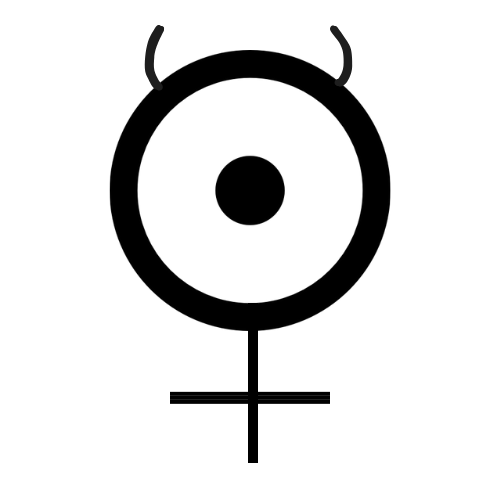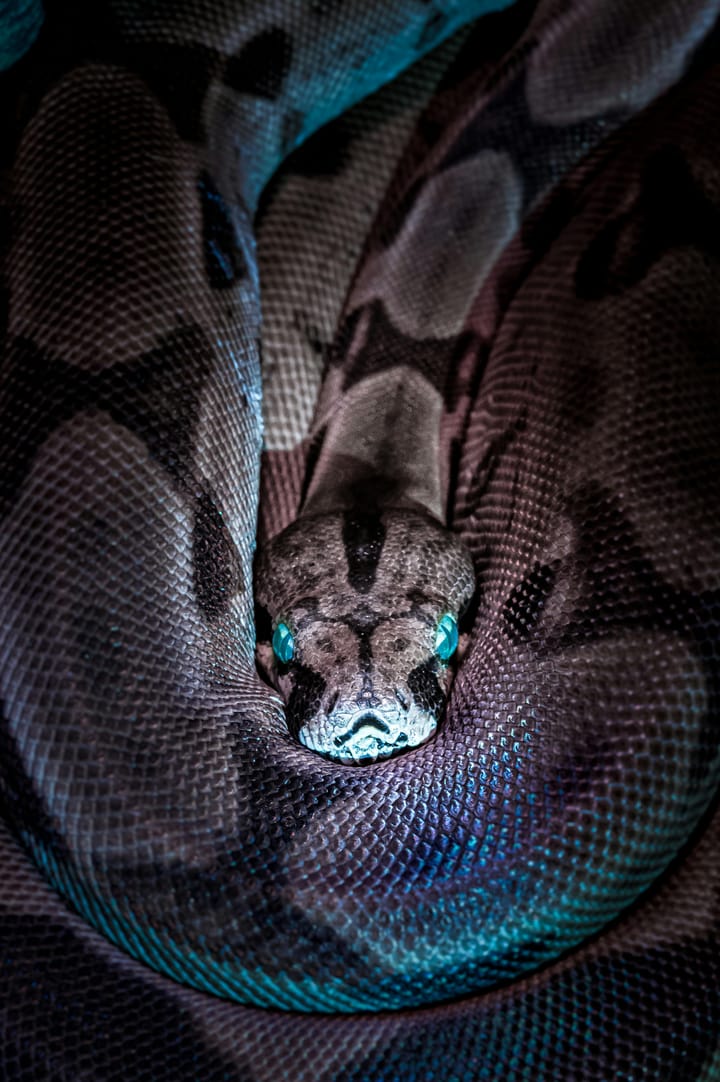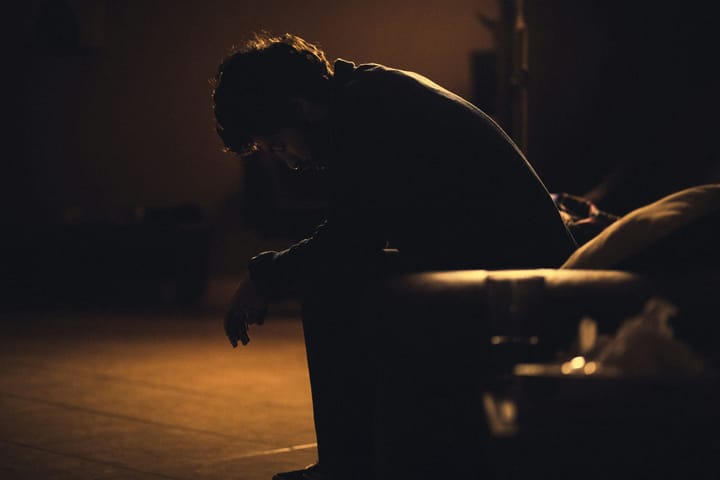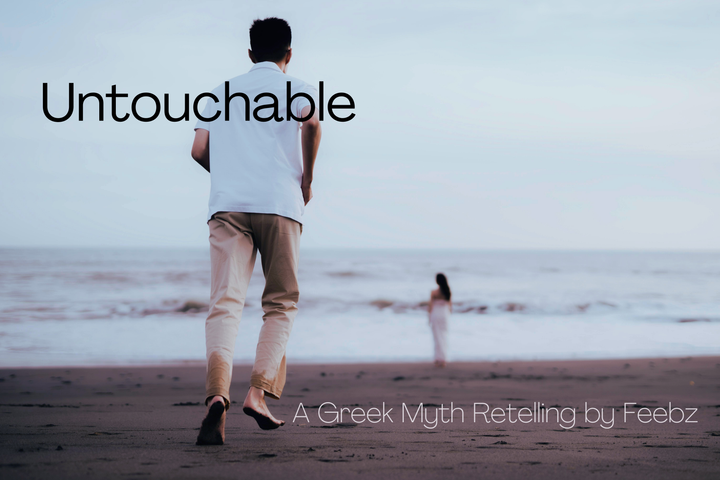Untouchable, A Greek Myth Retelling: Part 3
In the morning, they came for me as promised. Two men in full battle regalia, almost comical in their posturing. Scarce time they gave me to kiss Lys goodbye and gather a bag. Scarcer did I have items to pack.
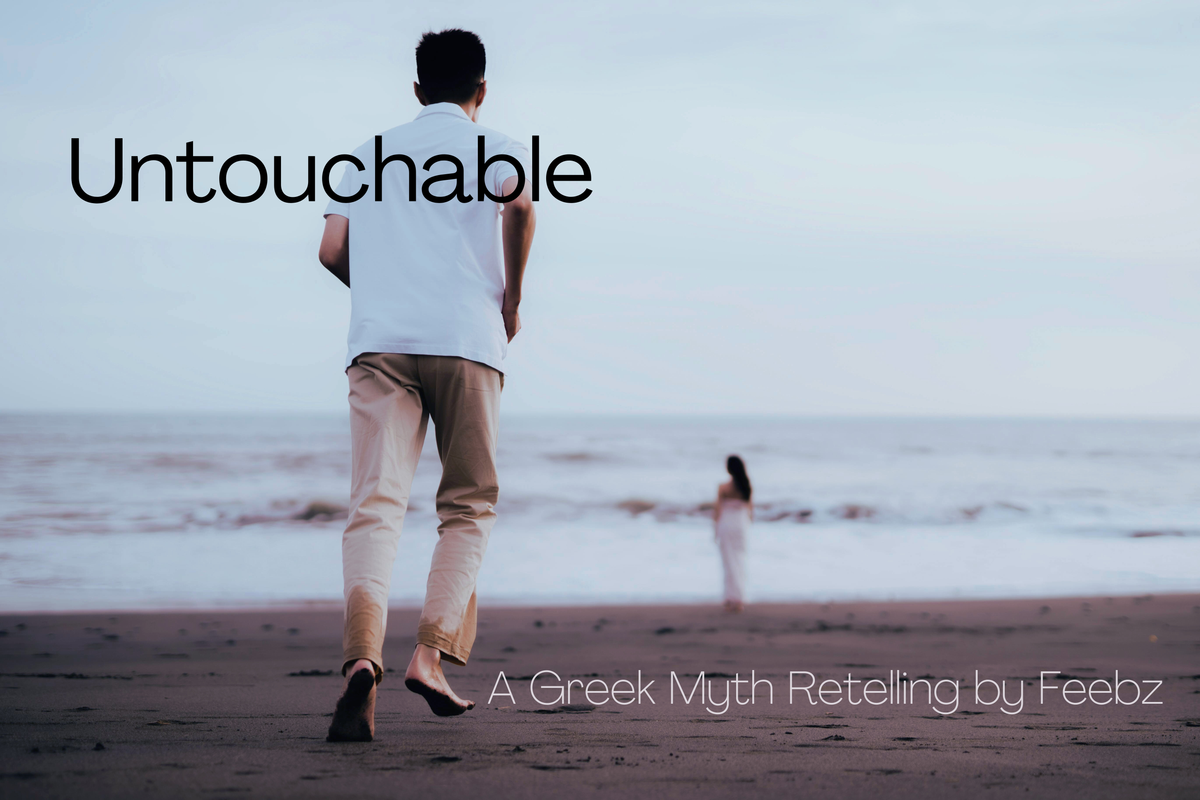
In the morning, they came for me as promised. Two men in full battle regalia, almost comical in their posturing. Scarce time they gave me to kiss Lys goodbye and gather a bag. Scarcer did I have items to pack.
Poseidon had gifted my new body with winding, lean musculature. It took some uncomfortable time before I understood that that was what the younger of my two recruits was eyeing. It also explained why the other, so old as to have what looked like eastern white spice speckling his hair, frowned and said, “I didn’t know Elatus had a son.” but didn’t push his curiosity.
I would see later that most of their other recruits were nothing to look at; those barely past boyhood nicked out of the bars and most others fathers with almost expired usefulness. Like the rest of the bodies on the ship chartering a course toward the battlefields, mine exploded outward with hair. It perspired so thoroughly I thought the rivulets down my back could refill Poseidon’s ocean, which thrummed happily beneath our swaying feet. I soon learned how much my body could stink. I liked even less how all those others stunk.
Did you know that horror could be a twin of thrill? My shipmates and fellow soldiers’ drunk boorishness delivered both to me. The ship was always loud no matter how late at night. They commonly broke drinking vessels as if they were infinite and the pieces would fly across the deck, slashing our toes. They also managed to shit in all the wrong places, especially when a bout of them got sick from bad rations. Several times a day, two of them would growl in each other’s faces like dogs one minute and then bray like donkeys the next, newly friends. They were smelly, stupid fools… and I was one of them!
Not that I’d come easy to feeling as such. For the first half of the trip, I found it easiest to vanish against the wall. Every natural instinct of expression seemed too wrong, my gesturing too flowery, my phrasing inflecting at suspicious points. Also, Poseidon’s gifts included height, but not too much so I stood a good head under many of the others. I’d never been a man and every rare occasion I’d crack out a word, I’d worry about revealing myself a woman. It seemed safer to stand back, watch, and see how men do.
But ah, Protesilaus. He was always the first to offense and the last to let go of a grudge. At the chow line one morning, someone followed the shift of the ship’s lift from a sudden rough wave, knocking into me. You would think a big, strong man could handle the nip of the back of his heel under a sandal. But more likely he was frustrated like all of us with the cramped quarters and snatched opportunity to vent it.
“Why don’t you speak, man?” Was his common refrain for weeks, not realizing the perverse trill of joy that his address caused. Less pleasurable overall was being slammed and elbowed into the ship’s sides, several times nearly shoving me overboard.
But oddly, no matter how hard he threw me, I never bruised. And it seemed every time I might have finally gone over the rail, I caught some spare second to right myself back to deck. As it happened, however, I was less immune to the fish thrown into the back of my tunics. Turning corners around the swaying ship, I always felt caught in fear that he would be right ahead.
So eventually, sick of the scaly slime I could never quite scrub off, I did what I thought men were supposed to do. I hit him. I slung my fist at his huge head and I like to think I landed only second as good as Prince Hector of Troy later would with his sword. The crack of that stupid skull against my knuckles hurt, but his yowls were so unexpectedly pitiful the throbbing went in tune with my laughter.
I didn’t account for the fact of our superior standing right there. I only could tell by his frown in that moment that, in fact, hitting back was not what men were supposed to do. At least, not right in front of him.
“Caeneus, what in Ares’ name…?”
That’s how I found out how the cell down below wasn’t just for men who got a little too deep into their drink. It was also thoroughly explained to me that while the ship was rowdy, morale and camaraderie were paramount during war. Punching a peer? Not in line with either of those two things.
The cell had a nickname I will not repeat. It was coarsely called after the place between a woman’s two holes for its dark moisture. I was sent to huddle miserably in its windowlessness for half a day before a vaguely familiar face arrived.
“Protesilaus will have a hard time fighting through that broken nose once we arrive,” Patroclus said.
Of course I’d known this comrade for the cramped quarters and for his famed association with the even more famous Achilles. One of the first things I noticed about him is that he kept neat. His tunics rotated through a consistent several days of wear, perfectly arranged over his tight waist and thighs. Always a colorful ornament or line of them pinned across the breast. Even I enjoyed the liberation of bare feet across the salty wet ship deck, but Patroclus never took a step without sandals.
Maybe if I had been born into this version of my body, I would have bit back at his observation about my work on Protesilaus. Something like, “Don’t you have Achilles to keep your mouth full?”
Instead, I shrugged. Making myself silent and uninteresting had worked before Protesilaus, perhaps it would work again and make Patroclus quickly take leave.
Of course, he didn’t. “I heard that you’re the son of Elatus.”
Despite everything about my father, it did cheer me to be called a son. “Indeed, I believe he fought alongside some of your uncles in the Ch— War.”
“He was a brave man. They recalled with fondness his tactical prowess.”
I never cared for hearing compliments about my father. The public celebration of him always contrasted too deeply with our private agonies at home. I breathed deep and tightened my fist against my side where Patroclus wouldn’t see, directing the rising fear to pack itself there. “I cannot say I had much opportunity to hear of it when I was growing up.”
“No?” Patroclus furrowed his brow and I quickly realized my error. It was unusual for a man to not pass his honors down to his son, raise him to refinement of the skills he had mastered. Daughters, useless in war, did not get the same consideration.
I tried to deflect, “Did yours?”
My comrade scrunched his nose in a way I would later learn to find relief in. “In my younger years, I was trained yes, but not by my father who died when I was young. I do not feel I took so naturally to it, though my cousin may say differently.”
It’s true that he did hate fighting, as good he was. One could not learn alongside Achilles and not pick up a thing or two despite personal reluctance. Patroclus found distasteful the sink of the sharp end of a weapon into skin. He saddened at the sight of blood, especially if it came from horses or dogs. He and I were two of a kind, childhoods of harsh lessons in learning to take on what did not fit so easily on us. We learned to fold our quiet selves smaller and smaller to fit under the weight of expectations.
In another life, if we had all survived, maybe I would have taken Patroclus down that beach at home to meet Poseidon. We would have left offerings of wine, good food, and music. Achilles would have lost his lifelong determination to never marry.
Instead, through the bars of a cramped cell, a new friend brought me dinner.
